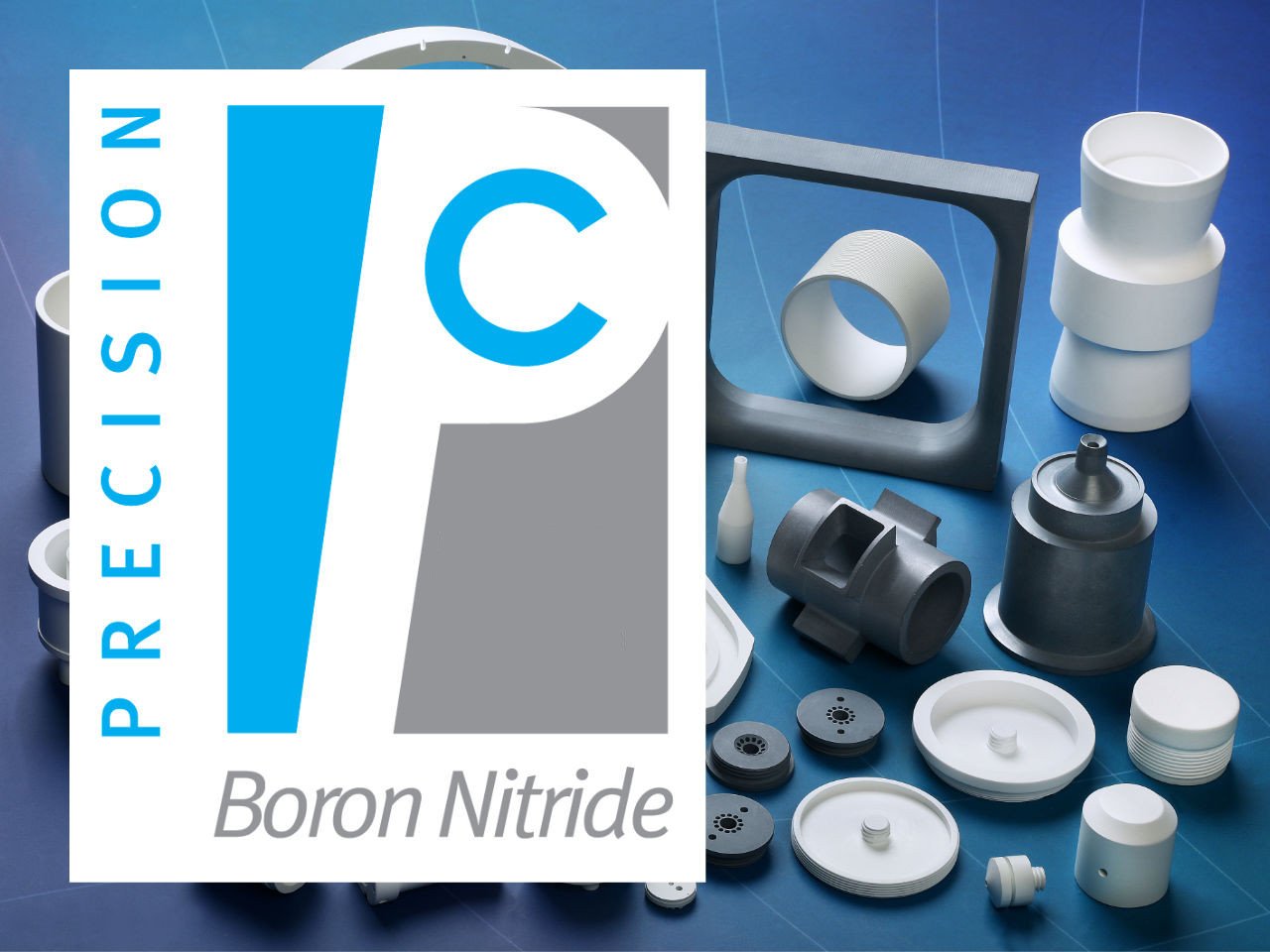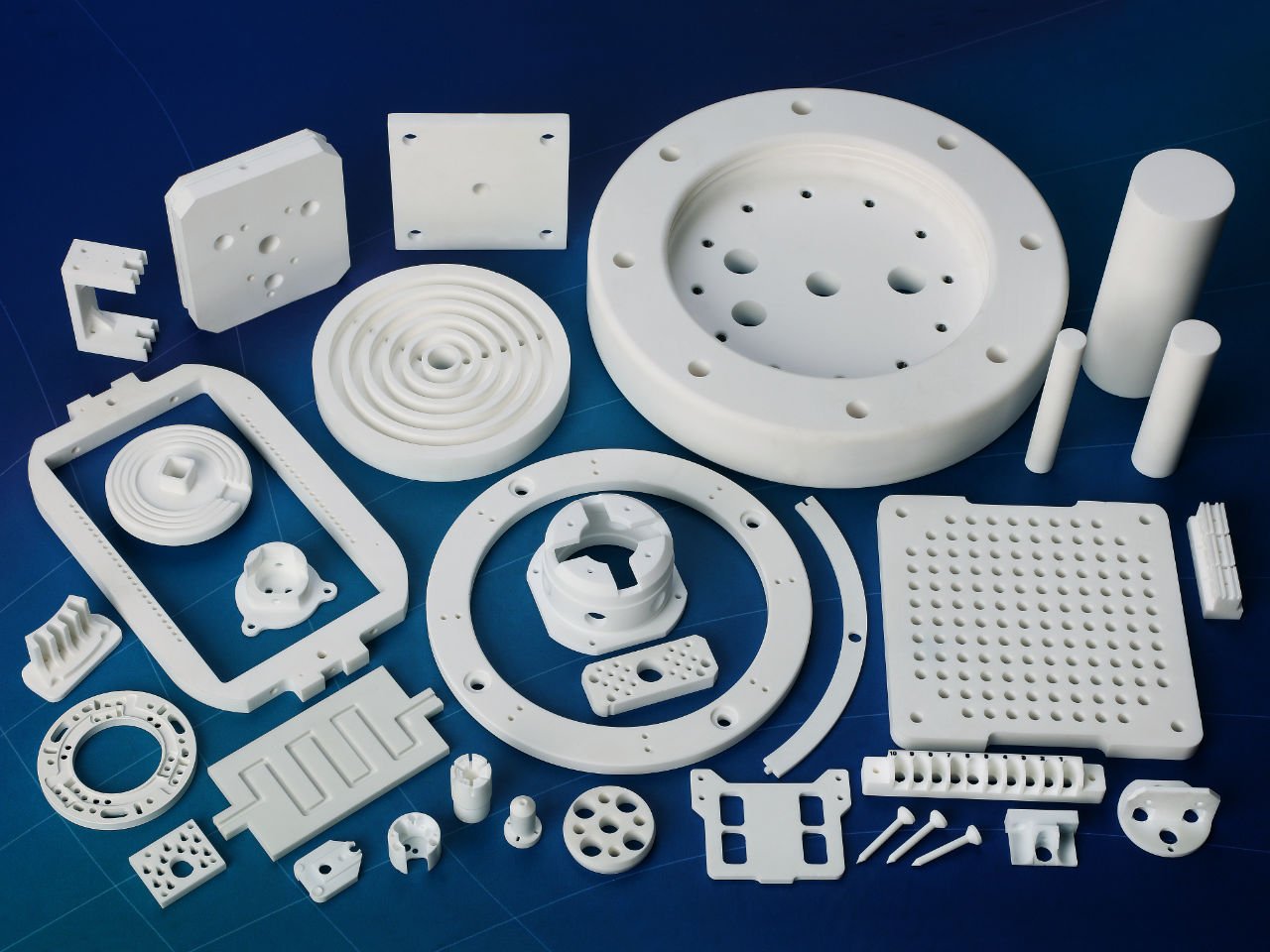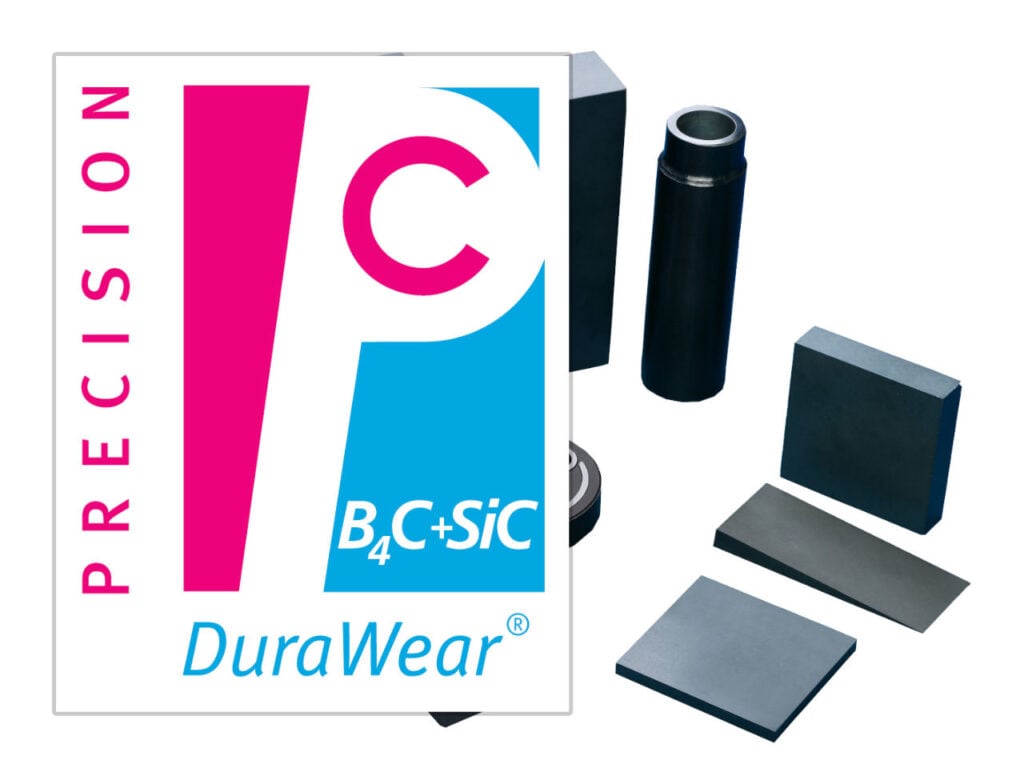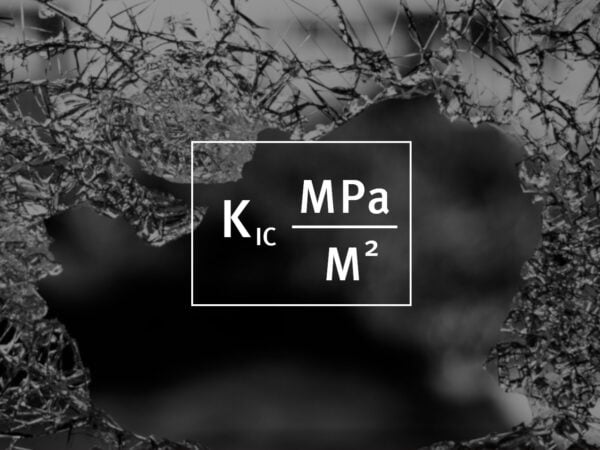Density
Materials by Density
Out of all the grades and materials offered by Precision Ceramics, the Boron Nitride grades offer the lowest density with grades starting from 1.85 g/cm3 . On the opposite end of the scale, our CeramaZirc™ grades ranging up to a density of 6.07 g/cm3.
Ranked by Low Density

Boron Nitride (BN) - Various Grades
1.85 – 2.9 g/cm3
Boron Nitride (BN) is an advanced synthetic ceramic material available in solid and powder form. It has outstanding thermal conductivity, is easy to machine and has low density and excellent electrical properties.
Details

Macor® – Machinable Glass Ceramic
2.52 g/cm3
Macor is a hybrid glass-ceramic with the versatility of a high performance polymer, the machinability of a metal, and the performance of an advanced advanced ceramic.
Details

Boron Carbide (B4C/SiC) - DuraWear™
2.62 g/cm3
DuraWear™ is a Boron Carbide / Silicon Carbide based hard ceramic composite for abrasive wear protection with a high intrinsic hardness.
Details
Ranked by High Density

Zirconia (ZrO2) - CeramaZirc™ Nano HIP
6.07 g/cm3
A hipped material made using nano grade powder, Zirconia offers high strength, wear resistance, and flexibility far beyond those of most other advanced ceramics.
Details

Zirconia (ZrO2) - CeramaZirc™ 3YZ
6.05 g/cm3
A high purity material that offers high strength, wear resistance, and flexibility far beyond those of most other advanced ceramics.
Details

Zirconia (ZrO2) - CeramaZirc™ Ultra Tough
5.7 g/cm3
CeramaZirc Ultra Tough is an advanced zirconia-based ceramic composite material based on partially stabilized zirconia and alumina platelets.
Details
Ceramic Material Comparison Chart
Related Properties

Hardness
One of the most valuable characteristics of advanced ceramics in high-performance applications is their extreme hardness. Hard ceramic materials are used for a wide range of applications in diverse fields and applications such as cutting tools for milling and grinding.

Fracture Toughness
The ability to resist fracture is a mechanical property of materials known as fracture toughness. For advanced ceramics it uses a critical stress intensity factor known as KIC where the fracture normally occurs at the crack terminations.

Compressive Strength
Compressive strength is the capacity of a material to withstand loads tending to reduce size. Explained differently, compressive strength resists compression (being pushed together), whereas tensile strength resists tension (being pulled apart).

